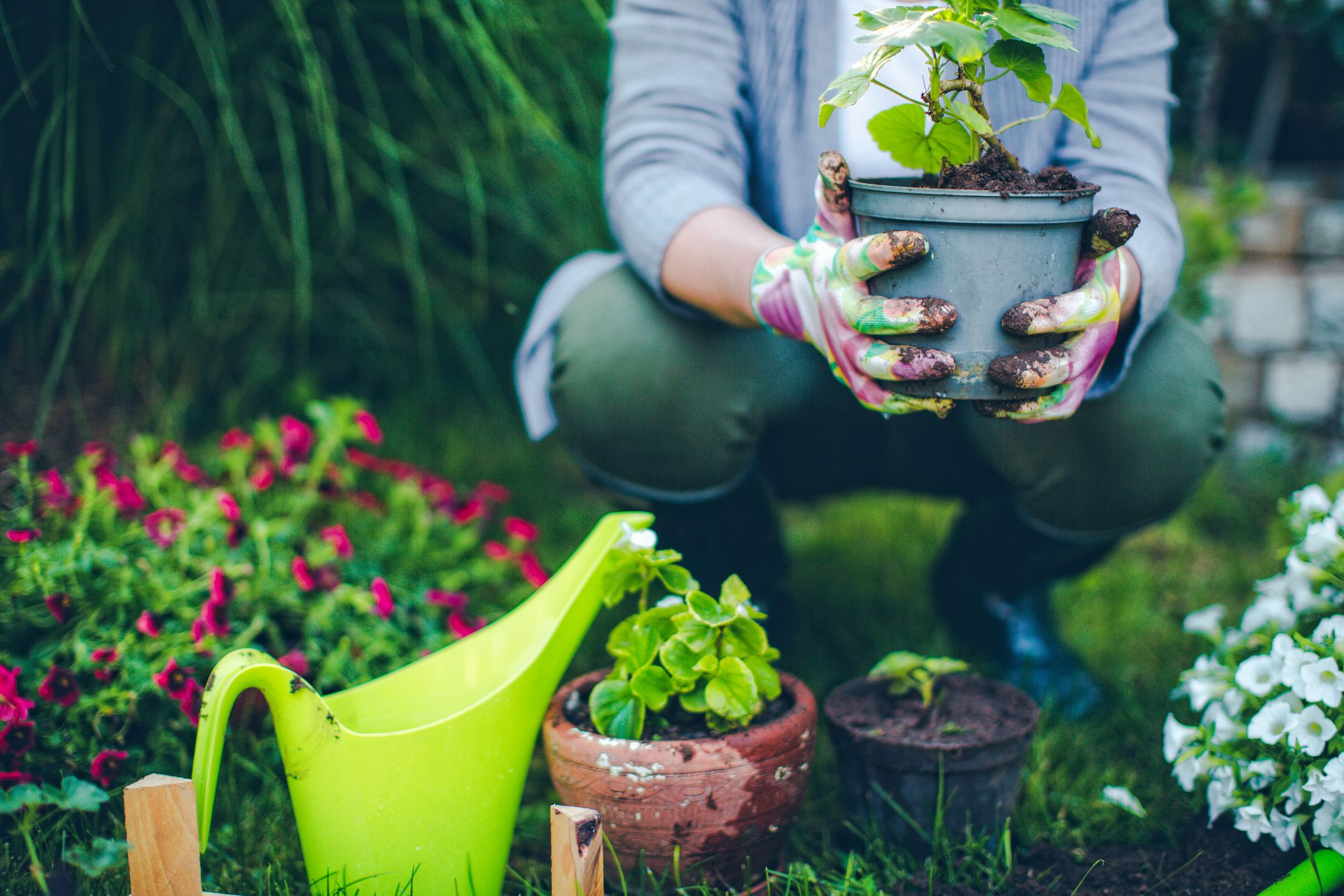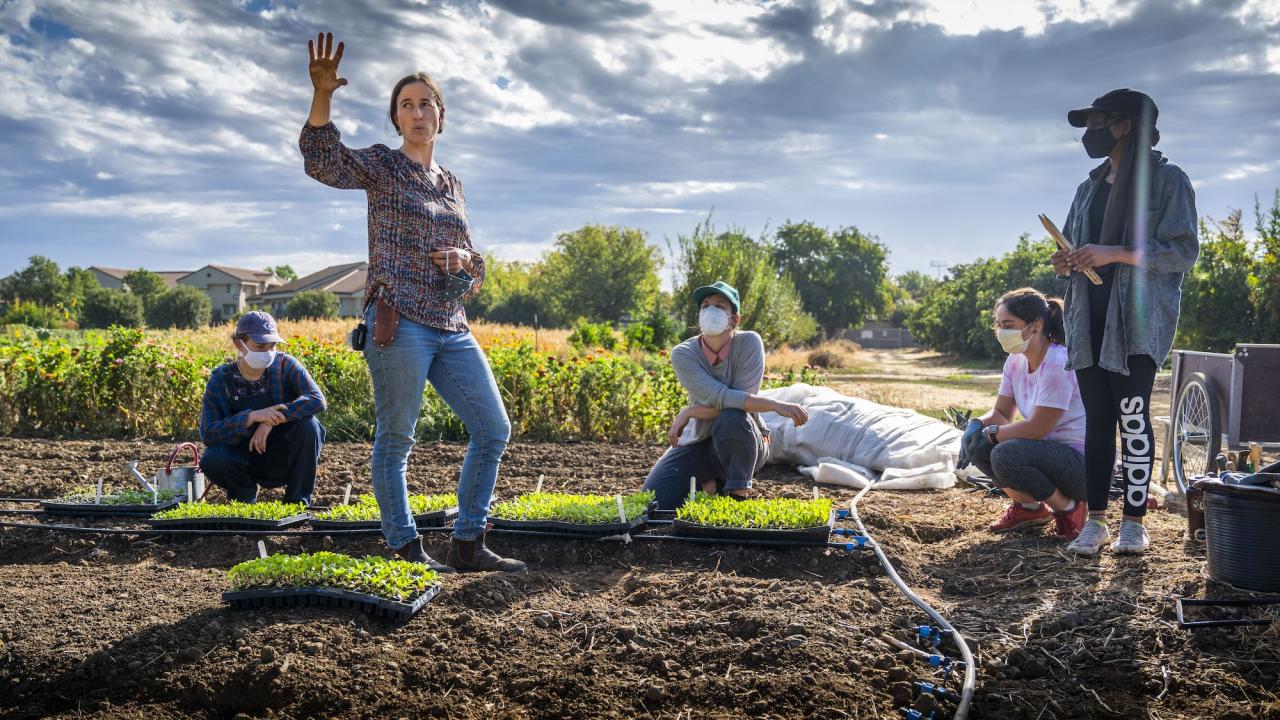From Seed to Bloom: Nurturing Your Enthusiasm with Home Gardening for Beginners
Wiki Article
Expanding Eco-friendly Thumbs: a Novice's Trip Into the Globe of Horticulture
Are you excited to obtain your hands filthy and begin growing your own yard? Look no more! In this write-up, we'll take you on a newbie's trip right into the world of gardening. You'll find out about selecting the right plants, comprehending soil and compost, and important gardening devices. We'll additionally show you watering and fertilizing strategies and exactly how to handle common yard bugs. Get ready to grow your eco-friendly thumb and view your garden prosper!Choosing the Right Plants
1. First, you require to assess your gardening room and figure out the number of plants that will certainly fit comfortably. Since congestion can lead to stunted growth and illness, this action is crucial. Action the dimensions of your garden beds or pots and determine the readily available space. Think about the fully grown dimension of the plants you intend to grow. Some natural herbs and veggies require more space than others, so it's essential to do your research.Once you have a clear idea of your horticulture space, it's time to choose the right plants. Consider what you delight in eating or what flowers you find most appealing. Consider the climate and sunlight problems in your location. Particular plants prosper in complete sunlight, while others like partial color. Bear in mind of any kind of microclimates in your yard, such as areas that receive essentially sunshine than the remainder. This will help you pick plants that are matched to your certain problems.
It's also necessary to consider your level of gardening experience. Decide for plants that are very easy to grow and need minimal upkeep if you're new to gardening. Natural herbs like rosemary, basil, and mint are forgiving and excellent for novices. Additionally, take into consideration the length of your expanding season. Select plants that have a shorter maturation duration if you reside in an area with a shorter expanding season.
Recognizing Soil and Compost
Soil is the structure of your yard, supplying nutrients, water retention, and support for your plants. It is important to have an excellent understanding of your dirt type, whether it is sandy, clayey, or loamy, as this will certainly figure out the types of plants that will grow in your garden. Remember, a healthy and balanced and productive dirt is the essential to an effective yard, so take the time to understand your dirt and integrate compost to ensure your plants thrive.
Essential Horticulture Tools
Now that you comprehend the importance of soil and garden compost, let's discover the vital gardening tools you'll require to cultivate your environment-friendly oasis. Among the most fundamental tools you'll need is a yard trowel. This small handheld device is ideal for excavating small openings, hair transplanting seed startings, and scooping soil. An additional vital device is a garden pop over to this site fork. This durable device is used for loosening dirt, damaging up clumps, and transforming garden compost. A good pair of horticulture handwear covers is a must-have to safeguard your hands from thorns, irritable plants, and dirt. Search for handwear covers that are sturdy, breathable, and offer a great hold. A yard hose pipe or watering can is important for keeping your plants moistened. Select a hose pipe with a spray nozzle that enables you to change the water flow and stress. A sturdy pair of trimming shears or secateurs is crucial for trimming and shaping your plants. Search for shears with a sharp blade and comfortable manages. A garden rake is beneficial for leveling dirt, getting rid of particles, and spreading out compost. With these necessary devices in your horticulture toolbox, you'll be well-appointed to develop and preserve your eco-friendly oasis.Watering and Feeding Methods

Taking Care Of Common Yard Vermin
As a newbie garden enthusiast, you might run into common garden pests that can ruin your plants. These insects can range from bugs like caterpillars, beetles, and aphids, to tiny pets like squirrels and rabbits. It's essential to be able to determine and deal with these pests effectively in order to protect your plants and ensure an effective yard.Among the initial steps in dealing with yard parasites is to consistently evaluate your plants for any kind of indications of infestation. Look for eaten fallen leaves, holes in the vegetation, or the visibility of little insects. It's crucial to take action immediately to stop them from spreading and causing additional damage. if you spot any kind of insects.
There are several techniques you can use to regulate garden insects. One alternative is to utilize natural predators, such as ladybugs or hoping mantises, to assist regulate the population of parasites. You can likewise make use of physical barriers, such as fencings or netting, to keep larger pets like rabbits out of your yard. Additionally, there are natural pest control sprays offered that can aid discourage and remove common garden pests.
Bear in mind, prevention is essential when it involves dealing with garden bugs. Maintaining your yard clean and totally free of debris can help in reducing the chance of a problem. Routinely eliminating weeds and dead plants can likewise aid remove concealing areas for pests.

Final Thought
By picking the right plants, recognizing dirt and garden compost, making use of essential gardening devices, and understanding watering and feeding strategies, you have actually established on your own up for success. Do not fail to remember to remain attentive in dealing with usual yard bugs to ensure your plants flourish.Soil is the foundation of your garden, giving nutrients, water retention, and assistance for your plants. It is vital to have an excellent understanding of your dirt type, whether it is sandy, clayey, or loamy, as this will establish the kinds of plants that will flourish in your garden. Bear in mind, a productive and healthy soil is the vital to an effective garden, so take the time to understand your soil and include garden compost to ensure your plants grow.
As a newbie gardener, you may run into typical garden parasites that can create mayhem on your plants. It's important to be able to recognize click for info and deal with these insects effectively in order to secure your plants and make sure a successful yard.
Report this wiki page